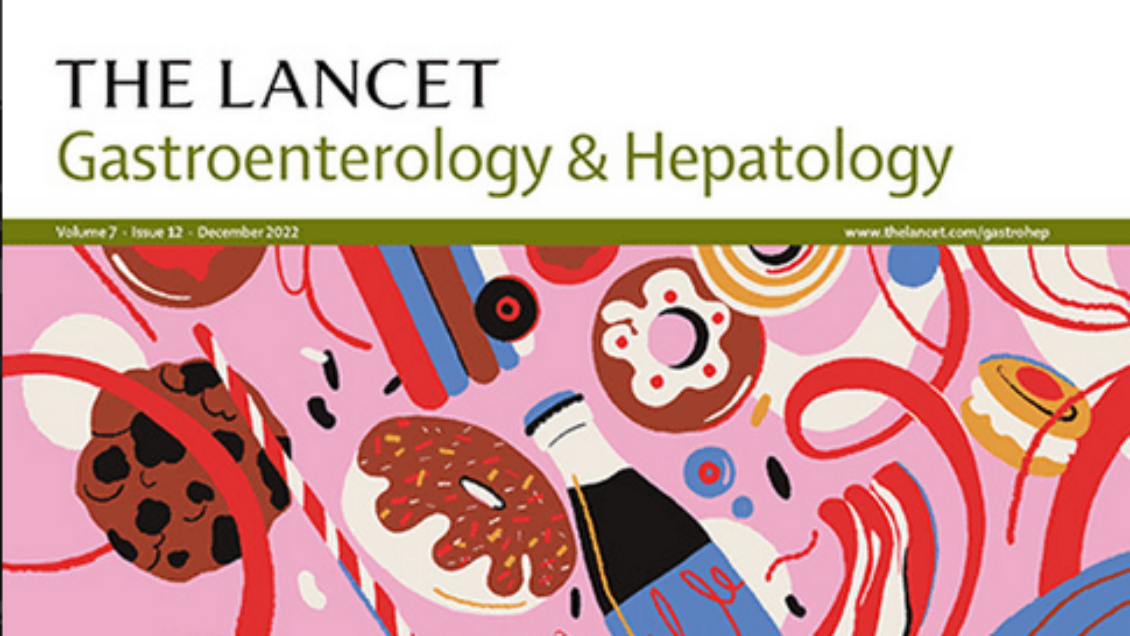Hepatitis C is rampant among people who inject drugs, and a team of Clemson University and Prisma Health researchers led a nationwide study, funded by the Patient-Centered Outcomes Research Institute, that proved the success of two models of treatment to cure the disease.
Hepatitis C is a liver infection and is spread through contact with blood from an infected person. Most people become infected with the virus by sharing needles or other drug-use equipment. While there is no vaccine for hepatitis C, it can be cured through medicine. Since 2013, the number of new cases of hepatitis C infections has increased each year in the U.S. In 2020, the latest reported year from the Centers for Disease Control and Prevention, 4,798 new short-term infections and 107,300 new chronic cases were reported.
The two models of care in the study – patient navigation and modified directly observed therapy – are most commonly used at outpatient treatment centers and community treatment centers; however, the effectiveness of these models had not yet been directly observed in people injecting drugs, until now.
Patients in eight opioid treatment programs and 15 community health centers in New York City, New York; Providence, Rhode Island; Albuquerque, New Mexico; San Francisco, California; Boston, Massachusetts; Baltimore, Maryland; Seattle, Washington; and Morgantown, West Virginia participated in the study.
Patient navigation is a community-based service delivery intervention designed to promote access to timely diagnosis and treatment of cancer and other chronic diseases by eliminating barriers to care. Modified directly observed therapy (mDOT), in which medicine is taken under supervision, assists patients in maintaining adherence to complicated antiretroviral therapy.
The primary outcome of the study was to assess the cure rate, and the secondary outcomes were to assess treatment initiation, adherence, completion and reinfection rates. The team thought patient navigation would be associated with greater treatment initiation and completion and mDOT would be associated with a higher cure rate. However, they found that both outcomes are relatively the same, as treatment completion was more than 80% in both treatment groups.
Participants of the study received a tablet of sofosbuvir (400 mg) with velpatasvir (100 mg) once daily for 12 weeks, while receiving one of the two models of care. The patient was considered cured if they no longer had detectable amounts of the virus for 12 weeks or more after they completed their therapy. The study included 755 participants – 379 were randomized to patient navigation and 376 to modified directly observed therapy. Overall, 623 (82.5%) initiated treatment and 462 (74.2%) were cured. In the sample where all participants obtained follow-up viral load testing, 461 out of 501 participants (92.0%) achieved cure.
The team did find there is a need for continued follow-up to monitor for reinfection and to reinitiate curative treatment, if necessary, but they found that both models are successful in curing the disease either in community-based or methadone maintenance treatment settings.
“Results from the study demonstrate that we can successfully treat hepatitis C in people who are injecting drugs with either patient navigation or modified directly observed therapy,” said Alain Litwin, MD, principal investigator and faculty member in the College of Behavioral, Social and Health Sciences. “This is a curable disease, and we need to urgently scale up these co-located models of hepatitis C care across the United States in order to achieve elimination of this disease.”
Litwin, professor of practice in the Department of Psychology and executive director of Prisma Health Addiction Medicine Center, as well as co-director of the Clemson University Center for Addiction and Mental Health Research, led this nationwide study with the help of Irene Pericot-Valverde, Ph.D., project director and assistant professor in the Department of Psychology, and Moonseong Heo, Ph.D., professor in the Department of Public Health Sciences and project lead biostatistician.
Each city had a team of researchers that consisted of faculty and team members from Johns Hopkins Bloomberg School of Public Health, University of Washington, Harvard Medical School, Montefiore Medical Center, West Virginia University, Brown University School of Medicine, University of Rhode Island, University of New Mexico and the University of California San Francisco.
This study was published in the Lancet Gastroenterology and Hepatology journal. The study, Patient-Centered Model of HCV Care for People who Inject Drugs, was conducted in collaboration with national and local stakeholders including patients, advocacy organizations, industry partners, health departments and taxpayers.
The research reported in this article was funded through a Patient-Centered Outcomes Research Institute (PCORI) Award (HPC-1503-28122-IC)
The statements in the article are solely the responsibility of the authors and do not necessarily represent the views of the Patient-Centered Outcomes Research Institute (PCORI), its Board of Governors or the Methodology Committee.
The Department of Psychology and the Department of Public Health Sciences are part of the College of Behavioral, Social and Health Sciences, a 21st-century land-grant college joining together a unique combination of schools and departments: Communication, Nursing, Parks, Recreation and Tourism Management, Political Science, Psychology, Public Health Sciences and Sociology, Anthropology and Criminal Justice. These areas have distinctive characteristics and missions – all joined together by a common thread of service to people and communities.
Get in touch and we will connect you with the author or another expert.
Or email us at news@clemson.edu

